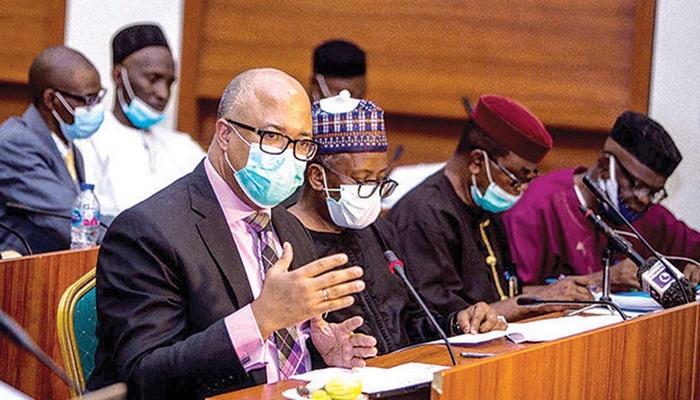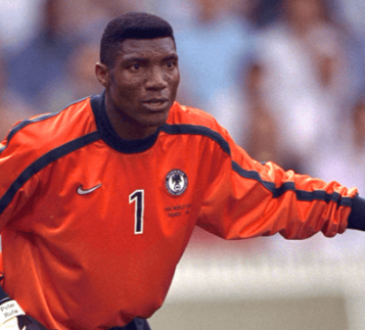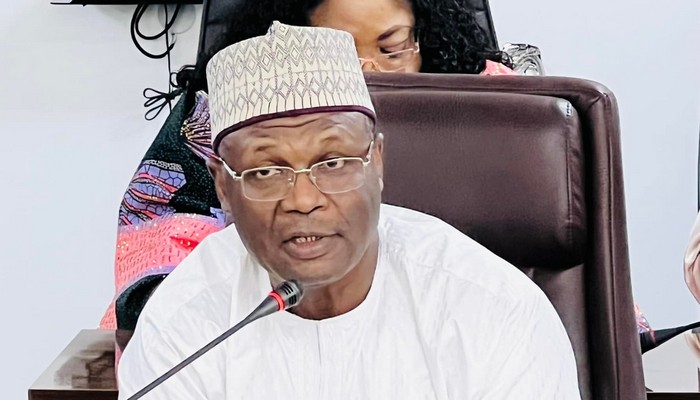
The Director-General of the Nigeria Centre for Disease Control (NCDC), Dr. Chikwe Ihekweazu Monday revealed that the numbers of COVID-19 positive cases in some states have started to drop.
The States; are Lagos, Kano, FCT, Plateau, and Borno state.
He explained that the reason for the reduction in the positivity rate in those states was the result of consistently testing high numbers of persons.
Ihekweazu made this known during a TV interview in Abuja.
He said, “It is only through testing the numbers of people that may have the infection that we can actually understand how widespread that infection is.
“The state that gives us the biggest indicator of where we are is the data out of Lagos State. Lagos has consistently made the effort to test as many people as possible. They have been responsible for 50 percent of the cases initially, which is now down to about 30 percent in the country.
“What we have seen in Lagos is that they have consistently tested high numbers and we have seen a reduction in the positivity rate – from close to 30 percent at a time, that is, one in every 10 people tested were positive for COVID-19, to about 10 percent or less in the last few weeks.
“What does that tell us? Fewer people are turning out positive among those tested in areas that are testing sufficiently. We can say that with confidence in Kano, FCT, Plateau, and Borno. States where they are really testing sufficient numbers, we can come to some conclusions of where they are. In States that are not testing enough, it is very difficult to analyse and interpret their results with confidence.”
He added, “The figures are what they are. Nigerians need to understand that there are no incentives for increasing or decreasing figures. We are a science-led organisation at the NCDC and will present the figures as they are.
“There have been challenges in some States in testing sufficient numbers. I want to congratulate the government and people of Cross River State, as they have turned around their approach to testing and are now doing what every other state should be doing in testing as many people as possible.
“70 percent of Nigerians access their health care in the private sector. There is a reason for that and so we need to work very hard. People are not coming forward in sufficient numbers to get tested for all sorts of reasons.
“We are working very hard to bring the sample collection centres closer to the patients. We are working with secondary and tertiary facilities across the country so that anyone that comes into a hospital can have their test done if they need to.
“In terms of the vaccine, there are global efforts happening. We are participating in it but not playing the big role that we think we should be playing as a country. And that comes to some underlying investments that we have to make in terms of encouraging more people to go into science.
“There are various levels and engagements for the development of a vaccine, and we are doing it as a continent through the Africa Union and the Africa CDC. Also through our various partners like GAVI – a multilateral organisation that is working collaboratively to ensure that there is a global strategy.
“Current moves by some countries to nationalise access to vaccines are actually not a good one. We want equitable access to people because vaccines are life-saving products and we need it not to be defined only by the country that has the most wealth to acquire the vaccine.
“The good thing in Nigeria is that we have an agency – the National Primary Health Care Development Agency (NPHCDA) that for many years has succeeded both through routine immunization and campaigns to deliver life-saving vaccines to children across the country. We have a lot of experience in delivering vaccines across the country which we will leverage once a vaccine becomes available to all of us”.






